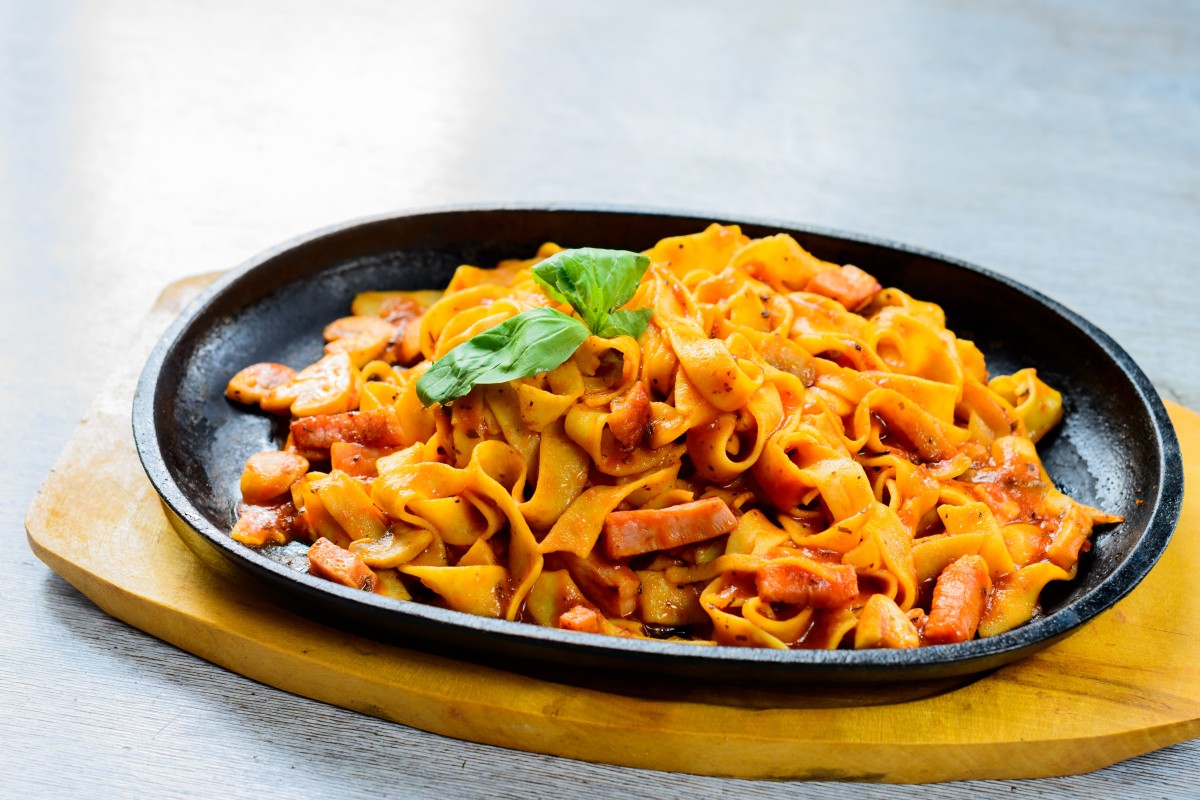
The Dangers of Artificial Food Coloring and the Chinese Preschool Incident
The recent incident at a Chinese preschool, where over 200 children were hospitalized after consuming a meal contaminated with lead, has once again highlighted the dangers of artificial food additives. This alarming event occurred at Peixin Kindergarten in Tianshui City, Gansu province, where staff were found to have added paint powder to meals in an attempt to make them more visually appealing. The consequences were severe: 233 out of 251 children had elevated levels of lead in their blood, with 201 requiring hospitalization. Lead poisoning, even in small amounts, can have serious long-term effects on children's health, particularly on their liver and digestive system.
Investigations revealed that two food samples seized from the school contained lead levels 2000 times higher than the legal limit. CCTV footage captured kitchen staff adding paint pigment to food, including red date cakes and corn sausage rolls, which had lead concentrations of 1052mg/kg and 1340mg/kg respectively—far exceeding the national safety standard of 0.5mg/kg. As a result, eight individuals, including the principal and financial backer of the kindergarten, were arrested.
The mayor of Tianshui, Liu Lijiang, acknowledged that the incident exposed weaknesses in public food safety supervision and pledged that the city would learn from the tragedy. Parents expressed concern about their children’s symptoms, such as stomach pain, leg pain, and loss of appetite, which had persisted since March. They are now worried about the long-term impact of lead exposure on their children’s health.
While it is not wrong for food to be presented in an attractive way, the line between aesthetic enhancement and harmful manipulation is clearly crossed when toxic substances are used. Experts agree that food decoration can enhance the dining experience by making dishes more visually appealing, but this should never come at the cost of safety. The use of paint or other chemicals to alter the color of food is unnecessary and dangerous.
In the case of the preschool, innocent children were put at risk due to the reckless decisions of those who were supposed to care for them. There is no evidence that the children or their parents wanted this kind of artificial coloring. The authorities’ actions in this matter are deeply condemnable, as they endangered the lives of young, vulnerable individuals without justification.
Food should be consumed in its natural form, without unnecessary additives. In many parts of the world, including Nigeria, there is a growing concern about the use of excessive condiments and artificial colors in food. Many people prefer to eat at roadside food shops or bukaterias, where meals are simple, wholesome, and affordable. These places often serve food that looks and tastes like what people eat at home, without the gimmicks of fancy restaurants.
Unfortunately, some high-end restaurants charge exorbitant prices for meals that are not only unhealthy but also lack nutritional value. A single spoonful of rice can cost as much as N5,000 in these places, while a decent meal can be purchased for N3,000 elsewhere. Moreover, the food served in these outlets is often heavily garnished with artificial ingredients, making it look more appealing but potentially harmful.
There are also concerns about certain snacks that appear harmless but may contain hidden dangers. For example, a popular Nigerian snack called “coconut” is actually fried coconut coated in sugar. When made at home, it is not sticky, but when bought in town, it becomes almost glue-like. People consume it without questioning what makes it so different. Similarly, some chefs have taken traditional foods like eba and transformed them into something unrecognizable, calling it “innovation.” This is not innovation—it is a betrayal of tradition and a danger to public health.
It is essential for governments to promote safe and healthy eating habits. Rice does not need to be colored in unnatural hues to be appealing. The focus should be on providing nutritious, wholesome food rather than relying on artificial enhancements. This is especially important for children, who are more susceptible to the harmful effects of toxins and pollutants.
In addition, the importance of a healthy diet cannot be overstated. Athletes, for instance, maintain their performance by being highly selective about what they eat and avoiding junk food. Their discipline serves as a reminder that proper nutrition is key to maintaining good health.
The Chinese preschool incident is a wake-up call for all countries to take food safety seriously. It is crucial to ensure that children are not exposed to harmful substances under the guise of making food more appealing. Governments must enforce strict regulations and conduct regular inspections to prevent such incidents from occurring again. Safe and healthy eating should be a national priority, and every effort must be made to protect the most vulnerable members of society.


Posting Komentar